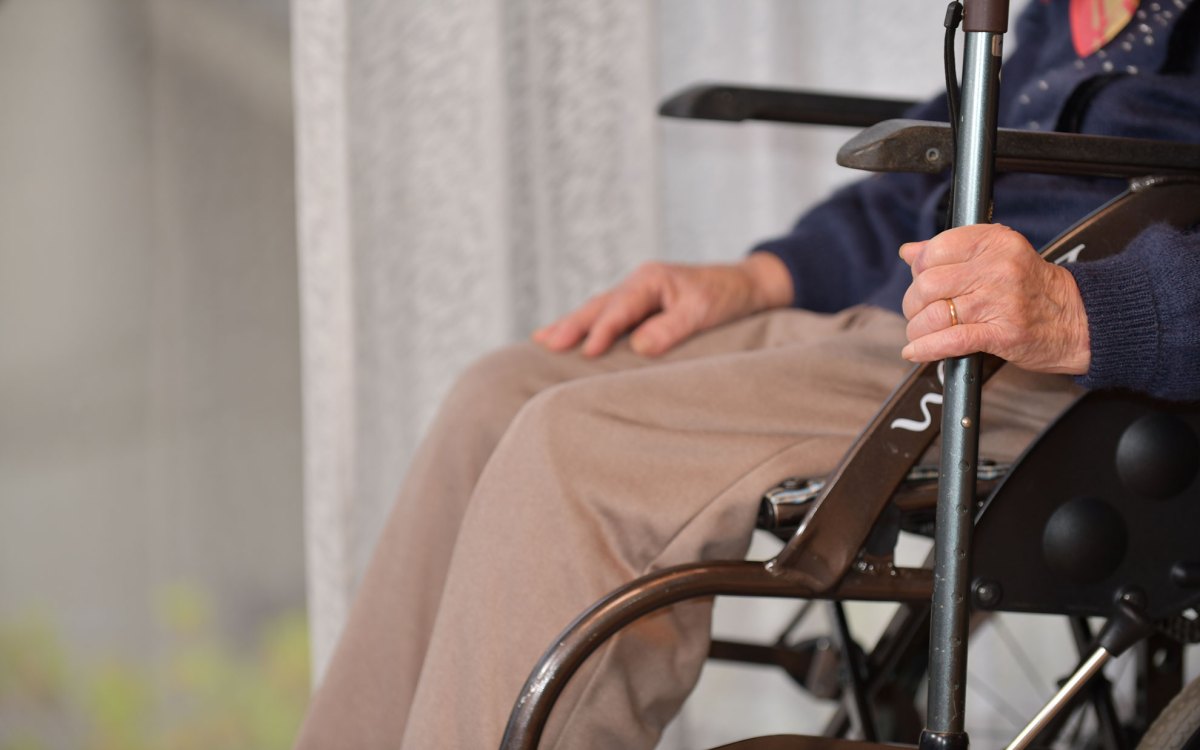Research in brief
BLACKS, HISPANICS LESS LIKELY TO GET FOLLOW-UP RADIATION THERAPY
Black and Hispanic women are less likely than white women to receive the radiation therapy routinely prescribed following surgery for early breast cancer, according to a study that Dana-Farber Cancer Institute researchers presented at the annual meeting of the American Society of Clinical Oncology in Chicago (May 30-June 3).
Although the disparity in rates is relatively small, the findings suggest that thousands of black and Hispanic breast cancer patients may be undertreated following a lumpectomy.
Rachel Freedman, an oncology fellow in Dana-Farber’s Breast Oncology Center, noted that although some women in all racial and ethnic groups fail to receive the recommended course of radiation following breast-conserving surgery (lumpectomy) — which has largely replaced mastectomy for small, early breast tumors — black and Hispanic patients have the lowest rates among all racial/ethnic groups studied.
The regimen calls for short sessions of radiation five days a week for six to seven weeks, and “there are many barriers that may prevent this from happening,” Freedman noted. Often there are logistical problems: distance to a radiation treatment facility, conflicts with work, or transportation and child-care issues, she said. Other factors include insurance status, possible lack of a recommendation for radiation in older patients or those perceived to have lower-risk cancers, as well as patient preferences and priorities.
For the full story, visit http://www.dana-farber.org/abo/news/press/default.html.
BLACKS MORE LIKELY TO CHOOSE AGGRESSIVE CARE AT END OF LIFE
Black patients with advanced cancer were more likely than whites to die in a hospital intensive care unit, reflecting a greater preference among blacks for life-extending treatment even in the face of a terminal prognosis, according to a study led by researchers at Dana-Farber Cancer Institute in Boston.
The report included interview data showing that blacks more often answered yes to questions such as, “Would you want the doctors here to do everything they can to keep you alive, even if you were going to die in a day or two?”
“This is the first study focused on black/white differences that prospectively asked [terminal cancer patients] what kind of care they wanted at the end of life, and then documented the kind of care they actually received and the place of their death,” said Elizabeth Trice of Dana-Farber, the lead author of the study.
Although they ruled out a number of possible explanations for the black/white differences, the investigators weren’t able to identify precisely why blacks tended to prefer more-aggressive care. “There is something different about the way black patients and white patients approach the end of life,” Trice said, which may be based in cultural attitudes, religious beliefs, and how thoroughly the patients have been informed about and comprehend their prognosis, among other things.
For the full story, visit http://www.dana-farber.org/abo/news/press/default.html.




